How do you Journal for Therapy?

Journaling is a powerful tool for self-discovery, reflection, and personal growth. By engaging in regular journaling practice, you can gain a deeper understanding of your thoughts, emotions, and behaviors, and cultivate greater self-awareness and resilience. This article presents 50 powerful journaling prompts designed to unlock your potential for self-discovery and personal transformation.
Prompts for Gratitude and Appreciation
- List three things you are grateful for today and why.
- Describe a recent experience that filled you with a sense of wonder or awe.
- Write about a person in your life who has had a positive impact on you and why you appreciate them.
- Reflect on a challenging situation that ultimately taught you a valuable lesson or helped you grow.
- Describe a simple pleasure or joy that you often overlook or take for granted.
Prompts for Self-Reflection and Insight
- What are your core values, and how do they influence your decisions and actions?
- Reflect on a time when you faced a difficult decision and how you navigated it.
- Write about a personal strength or talent that you are proud of and how you can cultivate it further.
- Describe a limiting belief or fear that holds you back and explore ways to challenge or overcome it.
- Reflect on a mistake or failure that ultimately led to growth or learning.
Prompts for Goal-Setting and Motivation
- Write about a long-term goal or dream that you have and what steps you can take to make it a reality.
- Describe your ideal day and what elements you can incorporate into your current routine to bring you closer to that vision.
- Reflect on a role model or mentor who inspires you and what qualities or habits you admire in them.
- Write about a challenge or obstacle you are currently facing and brainstorm potential solutions or strategies.
- Describe a personal accomplishment or milestone that you are proud of and what it took to achieve it.
Prompts for Emotional Processing and Healing
- Write a letter of forgiveness to someone who has hurt you, expressing your feelings and releasing the emotional burden.
- Reflect on a difficult emotion or experience that you have been avoiding and explore ways to process and release it.
- Write about a time when you felt truly seen, heard, or understood by another person and how it impacted you.
- Describe a self-care practice or ritual that nourishes your mind, body, or spirit and why it is important to you.
- Write a letter of gratitude and appreciation to your younger self, acknowledging their strengths and resilience.
… (30 more prompts covering themes such as relationships, creativity, mindfulness, and personal growth)
While journaling prompts can be a valuable tool for self-discovery and personal growth, it’s important to approach the practice with self-compassion and an open mind. Some prompts may evoke difficult emotions or memories, and it’s essential to prioritize your emotional safety and well-being.
It’s also worth noting that journaling is a highly personal and individual practice, and what works for one person may not resonate with another. Feel free to adapt or modify the prompts to suit your needs and preferences, and don’t hesitate to explore your own topics and themes as they arise.
In conclusion, incorporating journaling prompts into your self-discovery practice can be a powerful way to gain insight, process emotions, and cultivate personal growth. By engaging in regular reflection and exploration through writing, you can unlock your potential for self-awareness, healing, and transformation.
Types of Therapy

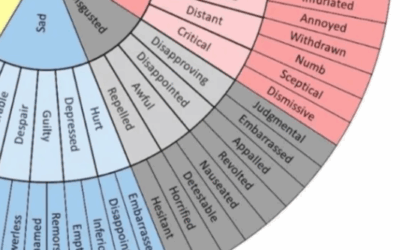
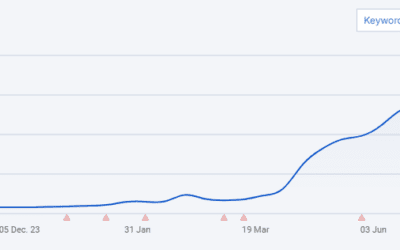
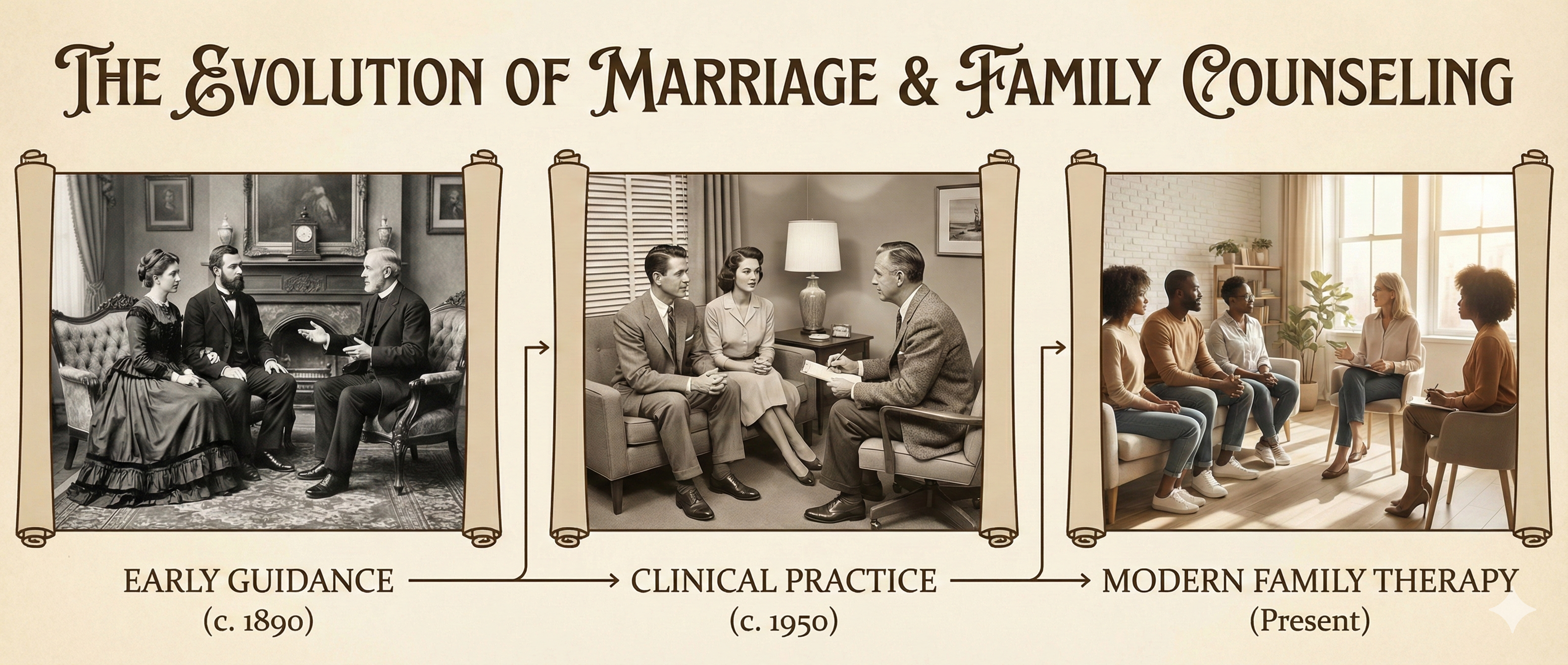






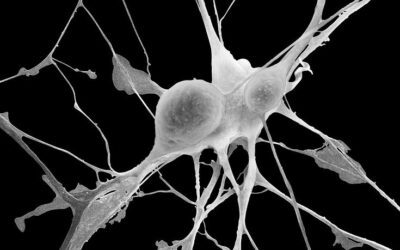



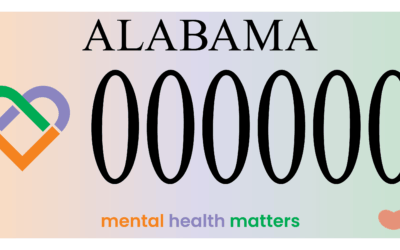











0 Comments